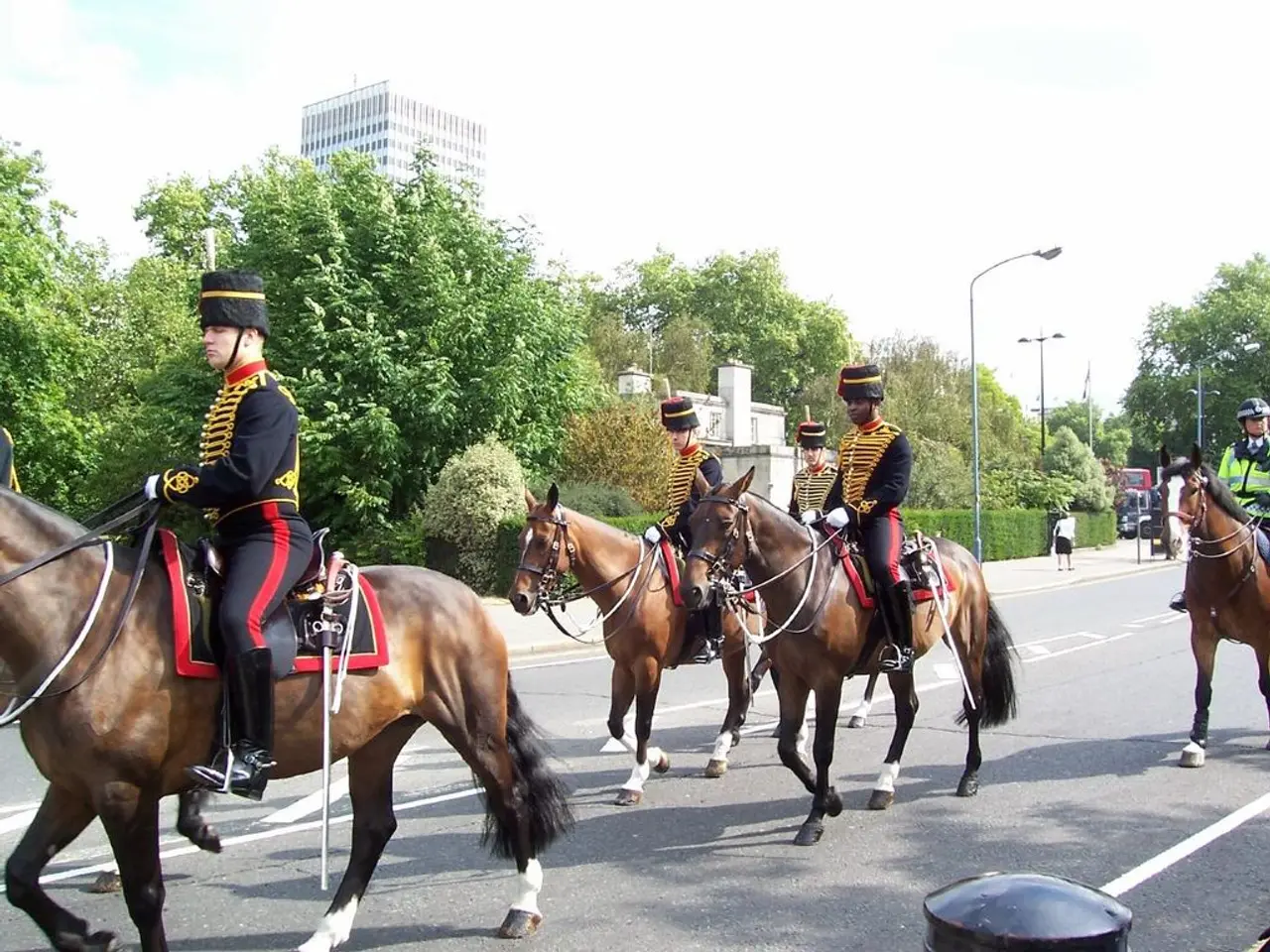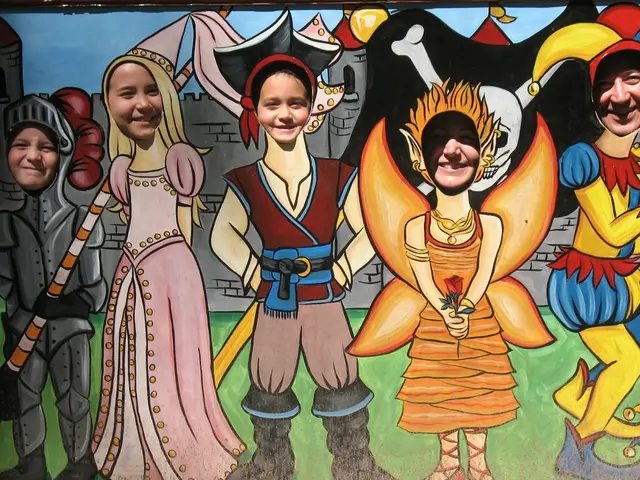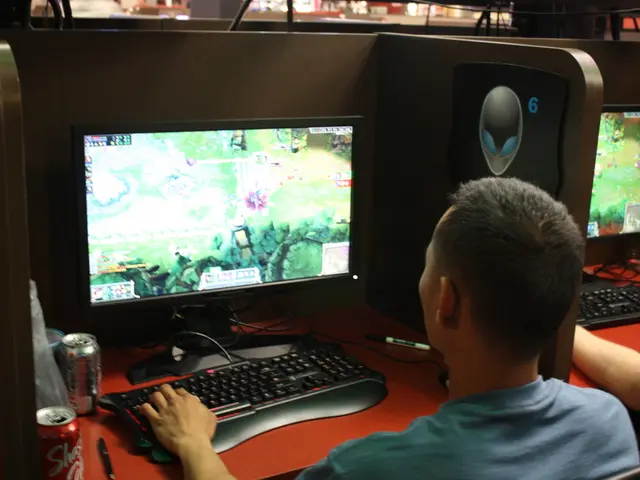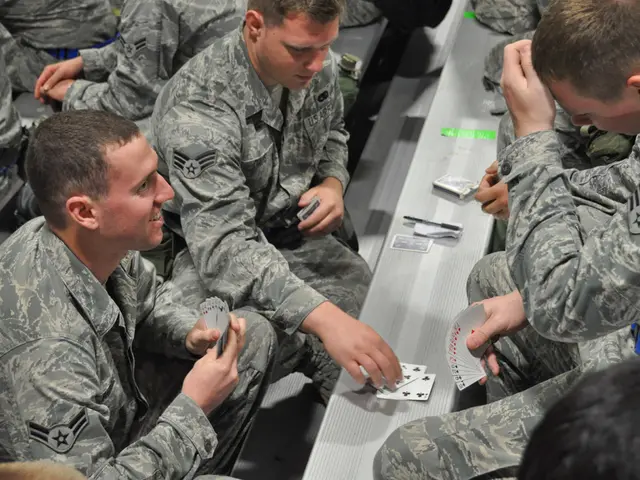Surviving Tradition
In the heart of Southern California, Kenny Atkins, better known as Stona Mane among his crew, the Compton Cowboys, trots through his community on his shiny Black horse Ebony, wearing Adidas sliders as his riding shoes. This modern cowboy is just one of many who are keeping the legacy of Black cowboys alive.
The story of Black cowboys in America dates back to the aftermath of slavery, when skilled Black cowhands were in high demand. By 1825, upwards of 25 percent of Texas residents were Black. One of the most famous Black cowboys was Bill Pickett, born to former slaves, who ignited a firestorm of entertainment and mastery in the rodeo show circuit during the 1890s. Pickett's bold tactic of biting a stubborn bull's lip to steer it was the beginning of steer wrestling, which later evolved into the popular sport seen today.
Lu Vanson, founder of the Bill Pickett Rodeo, built a space for Black cowboys to be celebrated and to educate others about the long-standing, often-dismissed Black contributions to American Western culture. The Bill Pickett Rodeo, founded in 1984, is the only nationally touring Black rodeo and a staple in Black cowboy culture. The rodeo attracts over 130,000 onlookers who revel in the skill, sportsmanship, and outright glamor of a rodeo arena that reflects them: Black cowboys and cowgirls.
Keiara Wade, a 29-year-old Oakland native, has horsemanship in her blood. Her mother rode horses and ensured the tradition continued. Keiara's first horse was a mare named Starlight. Another modern cowboy, Ivan McClellan, found his way into the world of Black rodeo after a drunken birthday celebration.
The Compton Cowboys, a group of nine modern cowboys, have catapulted into pop culture and are making a name for the Black cowboy of the past and future. Despite facing challenges, such as the loss of their contract with the city in 2016, which downsized both their community impact and membership, the Federation of Black Cowboys, led by Kesha Morse, continues to educate youth on the legacy of Black cowboys.
In New York City, the NYC Federation of Black Cowboys, founded in 1994, offers rodeos, school visits, and horsemanship training programs for youth throughout the city. Historians estimate that one third of all American cowboys were in fact African-American.
The Black cowboy is a powerful part of American collective history. Through groups like the Compton Cowboys and the Bill Pickett Rodeo, this legacy continues to thrive, showcasing the skill, resilience, and spirit of Black cowboys in America.








